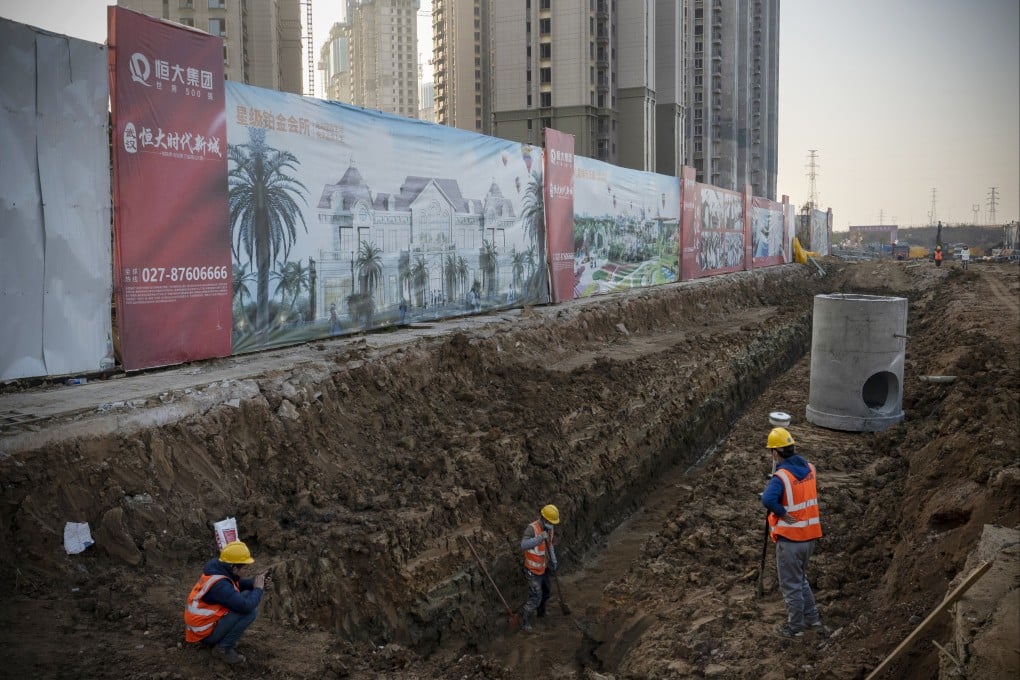The View | Why the loss of confidence in China’s property market is set to persist
- Beijing has been more resolute in reining in the excesses in the property sector in the face of a sharp slowdown than markets anticipated
- Expectations of a dramatic reversal are unrealistic. Restrictions will be gradually eased, but the priority of taking the heat out of the market remains unchanged

Since last October, a growing number of leading investment banks and asset managers have turned bullish on Chinese stocks, enticed by cheap valuations and a belief that most of the bad news is already priced in. JPMorgan expects offshore Chinese shares to rise by as much as 32 per cent from current levels by the end of 2022.
The moves have reinforced a perception in markets that Beijing has decided its deleveraging campaign has reached its limits and the slowdown in the housing market must be reversed. Yet, while investor sentiment towards the property sector may have stabilised, confidence among homebuyers, developers, creditors and local governments continues to erode.
In a sign of how much the fundamentals of China’s residential real estate market have deteriorated, nearly 30 per cent of the sector’s high-yield bonds – which account for the bulk of Asia’s sub-investment grade corporate debt market – were trading at distressed levels early last month, according to JPMorgan data.
